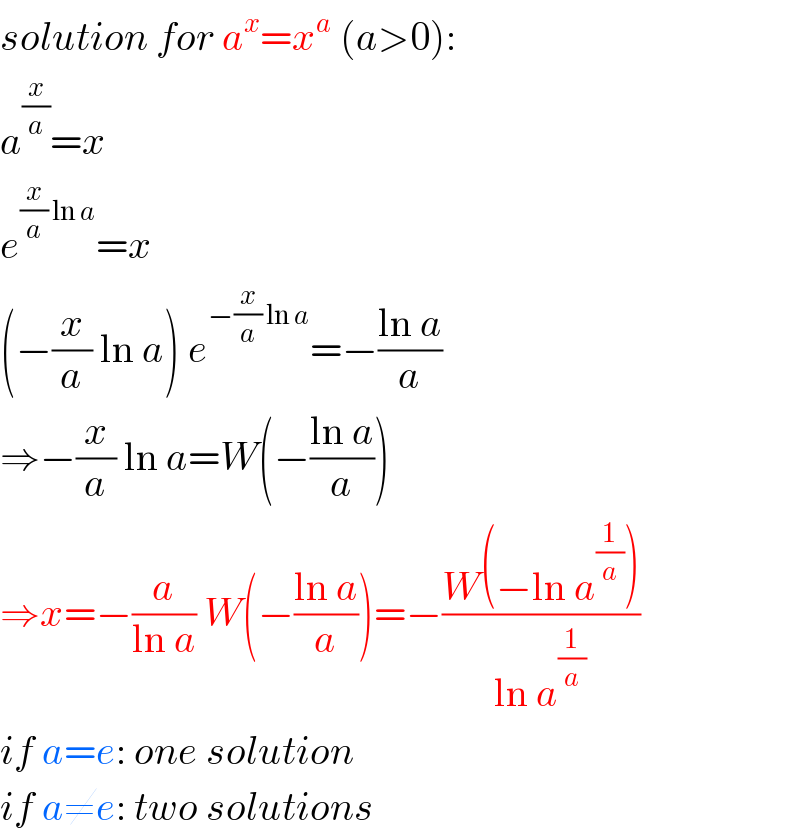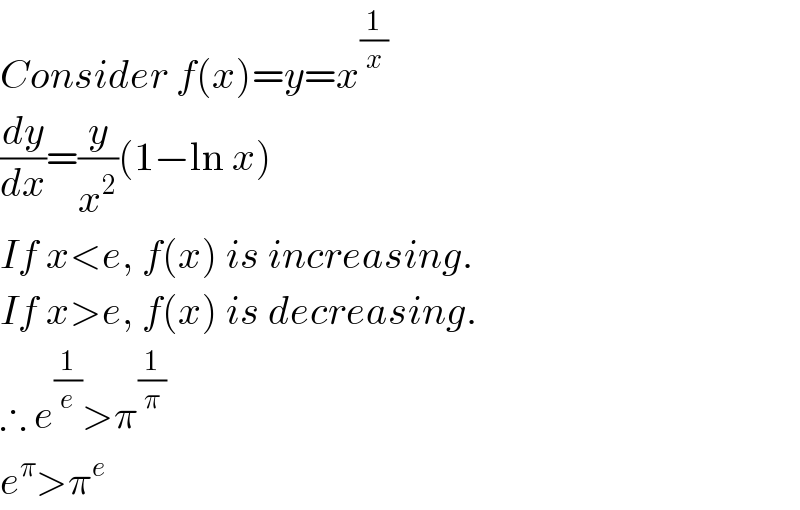
Question and Answers Forum
Question Number 32897 by artibunja last updated on 06/Apr/18

Answered by MJS last updated on 06/Apr/18

Commented byMJS last updated on 06/Apr/18

Commented bymrW2 last updated on 06/Apr/18

Answered by Tinkutara last updated on 06/Apr/18

Answered by artibunja last updated on 06/Apr/18

